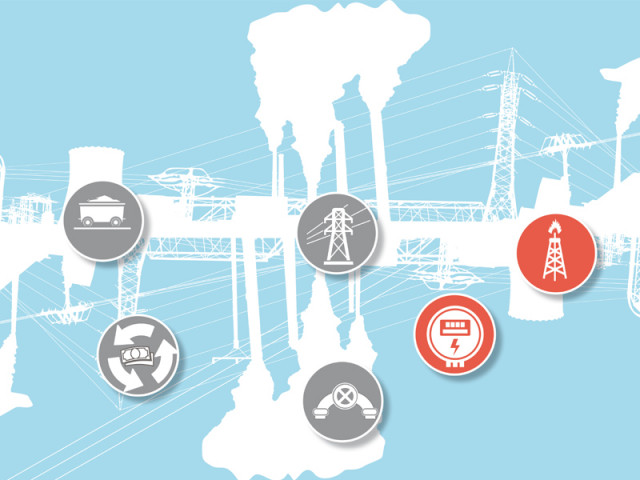Science, technology and Pakistan’s energy crisis
Energy shortage provides opportunity to build a 21st century innovation ecosystem.

The on-going energy crisis is a remarkable opportunity for policy-makers and strategic thinkers in Pakistan to build a 21st century innovation ecosystem and better align the country’s pursuit of higher education with critical societal needs. PHOTO: FILE
Effective long-term planning that leads to targeted, cost-effective investment in each of the above sectors, followed by an operational strategy that accounts for societal and geostrategic challenges, is critical to long-term stability. An evidence-based analysis of development strategy would free the country from the influence of domestic and foreign special interests, allowing efficient allocation of scarce resources to satisfy burgeoning needs.
It’s easy to imagine Pakistani state institutions feeling overwhelmed by the challenges that they face. With meagre resources at their disposal, they have little energy or incentive to assess mid- to long-term threats to the country and plan an effective response.
Dealing with these problems is indeed a difficult undertaking and requires active involvement of the private sector, academic institutions, and civil society. Pakistan’s science and technology (S&T) enterprise, which has suffered from decades of neglect, would have to play a more effective role in this endeavour.
The S&T community must convince the political leadership and the people that long-term investment in S&T will provide tangible benefits to the common man and contribute to the country’s security and socio-economic prosperity.
By the end of the World War II, Americans were convinced that superiority in S&T had enabled an outcome of the war that was favourable for the US. But the war caused the national debt to soar. In the early 1950s, President Eisenhower launched a policy review which re-examined America’s “philosophy of defence and its foreign aspects” and developed a strategy that would achieve “security without paying the price of national bankruptcy.”
A plan for far-sighted investment in basic research was outlined and led to the creation of the National Science Foundation in 1950.
Pakistan has a reasonably-sized natural resource base and favourable demographics – ingredients that are of utmost importance for building a successful and prosperous republic. In an interconnected world where talent is a globally-traded commodity, Pakistani youth remain the country’s most prized possession and a potential strategic asset.
Pakistan’s future is thus intimately tied to how effective academic institutions and public/private sector organisations are in educating, training, and nurturing the young.
Between 2002 and 2008, the budget for higher education saw a fivefold increase. A total of 3,800 students were sent abroad for doctoral studies, about 50 new universities and degree-awarding institutions were established, enrollment in higher education almost tripled to about 400,000, and scientific research publications increased sevenfold.
While a significant step in the right direction, the investment did not directly address specific needs of the society. Neither did it make any serious attempt to reform and rebuild the innovation ecosystem, which enables conversion of scientific knowledge to useful products and services.
It is, however, never too late. The on-going energy crisis is a remarkable opportunity for policy-makers and strategic thinkers in Pakistan to build a 21st century innovation ecosystem and better align the country’s pursuit of higher education with critical societal needs.
to be concluded
Dr Khan is a Senior Scientist at NASA’s Marshall Space Flight Center in Huntsville, Alabama
Laurie Provin is the Manager for Partner Programmes at the Centre for System Studies at The University of Alabama
Published in The Express Tribune, July 29th, 2013.
Like Business on Facebook, follow @TribuneBiz on Twitter to stay informed and join in the conversation.


















COMMENTS
Comments are moderated and generally will be posted if they are on-topic and not abusive.
For more information, please see our Comments FAQ